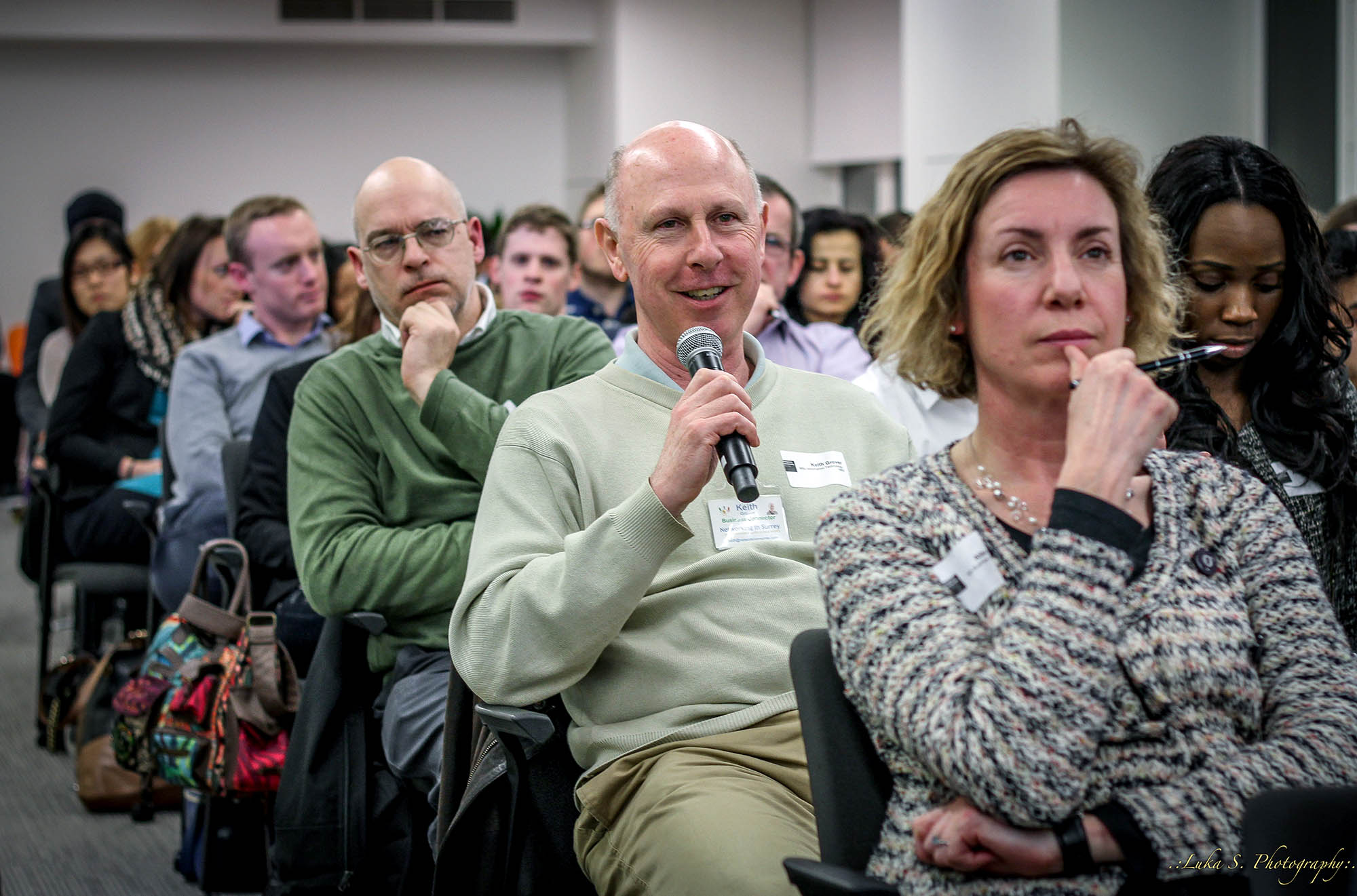Economics research seminar with Alberto Russo and Rob Jump
This event has taken place
View all upcoming events at Kingston University.
Time: 4.00pm - 6.00pm
Venue: Room 3013, John Galsworthy building, Penrhyn Road campus, Penrhyn Road, Kingston upon Thames, Surrey KT1 2EE
Price:
free

Please join us for this event as part of the Department of Economics Research Seminar Series.
Presentations
'Does inequality hamper innovation and growth?' by Alberto Russo (Marche Polytechnic University)
The paper builds upon the Agent Based-Stock Flow Consistent model presented in Caiani et al. (2015) to analyse the relationship between income and wealth inequality and economic development.
For this sake, the original model has been amended under three main dimensions: first, the households sector has been subdivided into workmen, office workers, researchers, and executives which compete on segmented labour markets. Conversely, firms are now characterized by a hierarchical organisation structure which determines, according to firms' output levels, their demand for each type of workers.
Second, in order to account for the impact of income and wealth distribution on consumption patterns, different households classes - also representing different income groups - have diversified average propensities to consume and save.
Finally, the model now embeds technological change in an evolutionary flavour, affecting labour productivity evolution in the consumption sector through product innovation in the capital sector, where firms invest in research and development and produce differentiated vintages of machineries. The model is then calibrated using realistic values for both income and wealth distribution across different income groups, and their average propensities to consume.
Results of the simulation experiments suggest that more progressive tax schemes and labour market policies aiming to increase low and middle workers' coordination, and to support their wage levels, concur to foster economic development and to reduce inequality, though the latter seem to be more effective under both respects. The model thus provides some evidence in favor of a wage-led growth regime, where improvements of middle-low levels workers' conditions create positive systemic effects, which eventually trickle up also to high income-profit earners' households.
'A simple formalisation of Minsky's business cycle theory' by Rob Jump (Kingston University)
This paper presents a simple model of Minsky's business cycle theory. The model is based on the Phillips (1954) continuous time multiplier accelerator model, where firms have a target debt to income ratio, rather than a target capital to income ratio. Via a strategy switching mechanism, fluctuations with a smaller perceived volatility lead to firms reducing their margins of safety by moving towards higher debt to income ratios. This increases volatility, the economy is destabilised, and firms increase their margins of safety by moving towards lower debt to income ratios. Hence the cycle repeats itself, and 'stability is destabilising'. The simple model relies on an approximate aggregation assumption, and we estimate the approximation bias numerically using techniques from agent based modelling.
Speakers
Alberto Russo is assistant professor in economics at the Università Politecnica delle Marche, Ancona (Italy). He obtained his PhD in Economics from the University of Pisa in 2005. His research interests are: agent based macroeconomics; financial fragility and systemic risk; social classes and distribution, and experimental economics. He has published in recognised journals such as Journal of Economic Behavior and Organisation, Journal of Economic Dynamics and Control, Journal of Economic Issues, Journal of Evolutionary Economics, Metroeconomica, etc. He serves as guest editor as well as referee for international journals, organises international conferences and collaborates with Italian and European research projects.
Dr Rob Jump is a lecturer in economics at Kingston University. He teaches quantitative methods and economic theory, and he previously taught economic theory at SOAS, University of London. He has two major research areas: the first is in economic theory, where he is interested in heterogeneity and disequilibrium dynamics. This was the topic of his PhD thesis, and he is currently working with colleagues at the University of Surrey on incorporating the insights of agent based models into New Keynesian business cycle models. The second is in applied macroeconomics, where he is interested in the relationship between the employment rate, the level of output, and the income distribution. He is currently working with colleagues at SOAS and Kingston on this question, using time series econometrics. He studied for his PhD at the University of Kent, after taking degrees at SOAS and the University of Edinburgh. He is a member of Reteaching Economics, and is committed to pluralism in both theory and method in the study of economics.
Booking is essential to attend this event.
For further information about this event:
Contact: Antoine Godin
Email: A.Godin@kingston.ac.uk
Directions
Directions to Room 3013, John Galsworthy building, Penrhyn Road campus, Penrhyn Road, Kingston upon Thames, Surrey KT1 2EE:
